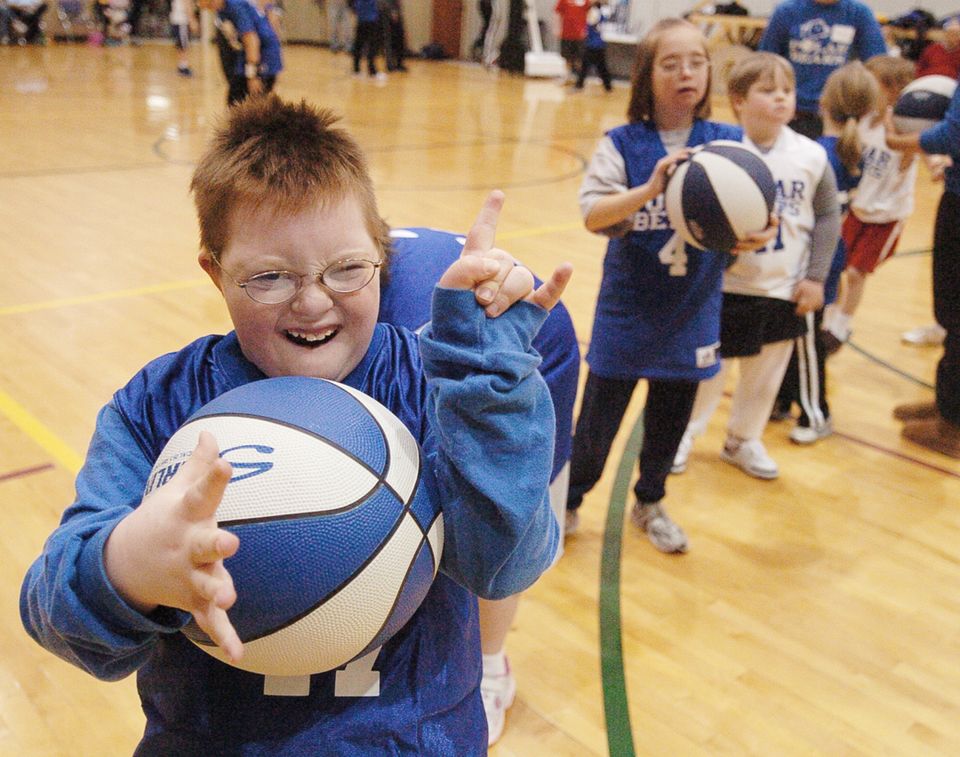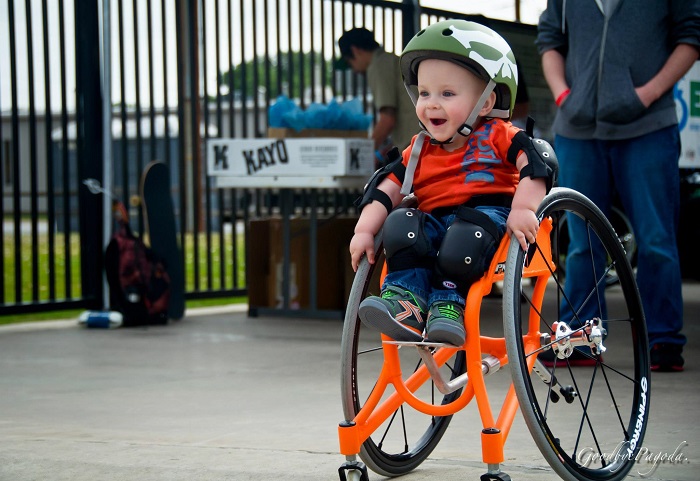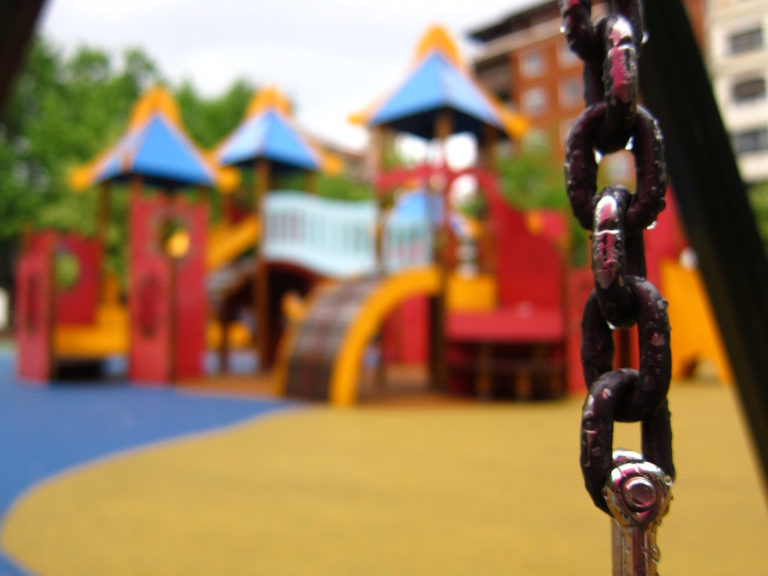BEAUTIFUL MINDS INC TIPS FOR TRANSITIONING TO SUMMER FOR YOUR SPECIAL NEEDS CHILD
Summer is upon us!
And for some special needs children, summer break is already here! Summer is usually a joyous time for children, but a transition to summer for special needs children can be quite challenging for them and their parents. Even if your child will be attending Extended School Year (ESY), there will be a decrease in school and therapeutic hours. And for many special needs children this will be a shock. If this is your first summer break as a special needs parent, it is important to know that for some children moving from a rigid routine to a more relax one can turn into chaos. Most children are initially excited to be out of school. But, when those initial feelings wear off, a lot of anxiety and difficulty with adjusting to the home or another environment can be hard.
To prevent this chaos or the act of consistent meltdowns, here are a few tips to get you through the summer.
1) Talk about school ending the last few weeks of school. You do not want school to end without you mentioning it to your child first. During your discussions, make sure you let your child know all the fun things that they will get to do in the summer.
2) Keep a calendar and highlight the summer months (you can also use this tip for all breaks throughout the year). For some children, this is helpful to see when the summer break will begin and when it will end.
3) Set and keep up with a consistent schedule. Depending on your family, summers can be lazy and relaxing days, or they can be hectic and sporadic. Since your child is use to a consistent routine, it is also important to keep up a routine and schedule as much as possible. Your schedule and routine should be as predictable as possible, just like it was during the school year.
4) Keep your child informed. Using visual schedules and/or telling your child what will happen each day, will keep your day organized and prevent any meltdowns resulting from a lack of a predictable schedule.
5) Continue using whatever supports, activities, and behavior strategies that you used during the school year. Unfortunately, during this time, you may see old behaviors and/or sensory issues that you have dealt with in the past arise again and you will have to resort to methods that you have used previously.
6) Keep your child busy! Whether you set up playdates with their classmates, send them to summer camp, or schedule activities at home, make sure your child is active. Whatever you decide to do, remember to keep a routine and schedule as much as possible.
7) Use social stories. Social stories are a great way to prepare children for future activities (such as a transition to summer break) and to reinforce behaviors. Create a social story to help with each new activity that your child may encounter. This is especially important if you will be traveling during the summer.
8) Find therapeutic activities. In addition to setting a consistent routine and schedule, finding therapeutic activities such as horseback riding can help stimulate your child’s senses over the summer.
9) Let your child pick activities that they want to do this summer and place them on a calendar. This way they will have things to look forward to throughout the summer.
10) If your child will be going to summer camp, visit the camp first and take pictures. This way your child can become acclimated with the environment and who their camp counselors will be.

THINGS TO KNOW
Remember a child that depends on and thrives off a set schedule and routine AND transitions into a summer break, most likely will have some difficulties.
Recognize that there may be a period of adjustment to the summer activities.
Watch out for regression in skills, ability and behavior.
You can decrease the number of meltdowns and time of adjustment period with a well-planned and repetitive routine and schedule.
When going to the park and/or other group activities, be on alert for any bullies trying to take advantage of your child.
If your child is going to ESY, go with them the first day. Starting a summer program in a new school with a new teacher can be quite scary and intimidating.

If you are looking for ideas for a summer program, do not forget to check out your local libraries, museums, parks and recreation departments, and religious groups for the availability of programming to fit your child’s needs.
AND HERE IS ONE OF THE BEST TIPS…
Dr. Ifeanyi Ufondu says, “Have fun.fun, fun! Summers are suppose to be enjoyable. So, get outside, try new things, always have a backup plan and be patient.”
What is your family doing this summer?




